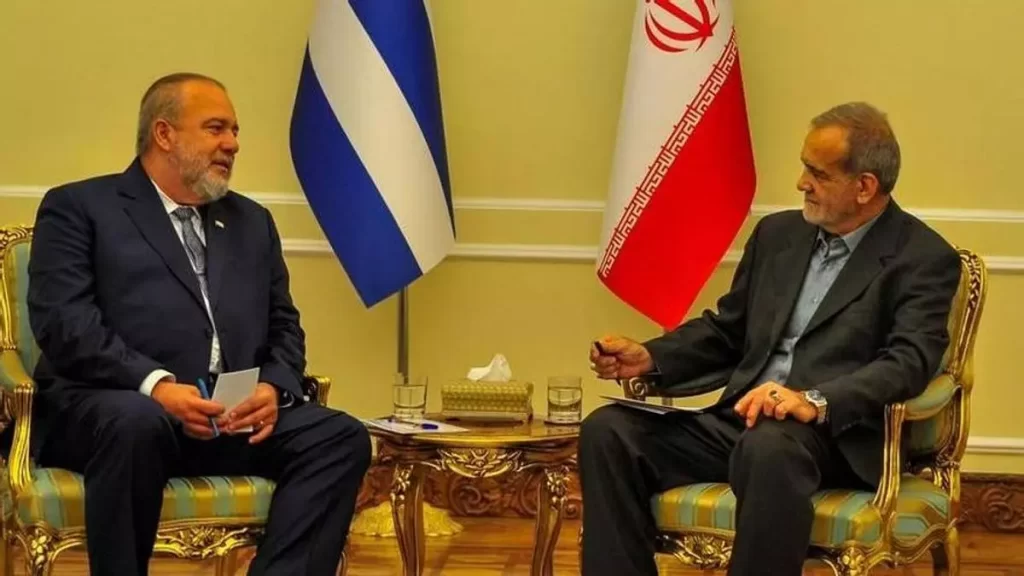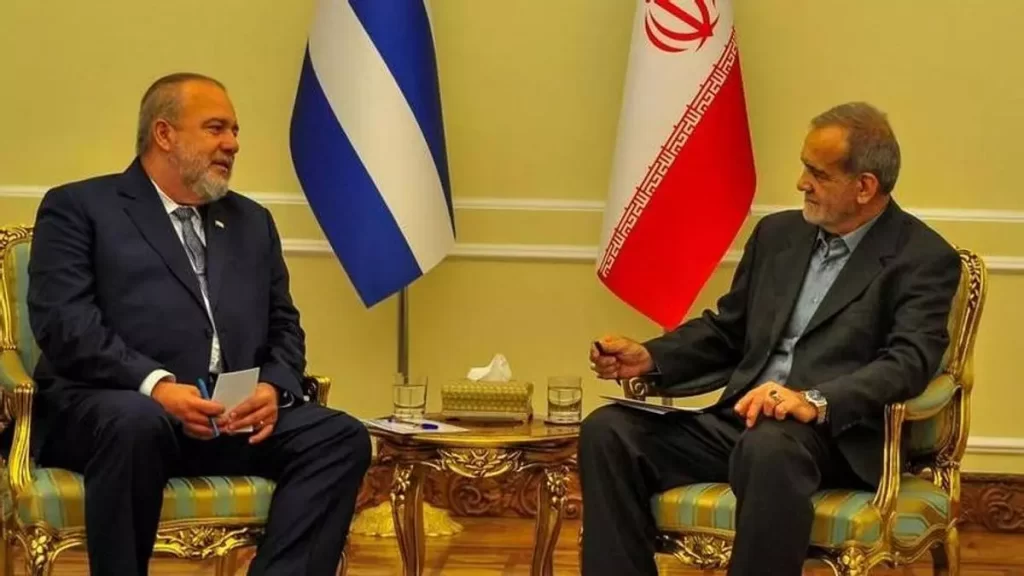Havana is interested in Tehran’s capacity to “process significant volumes of oil and gas”

14ymedio, Havana, 3 August 2024 — “It is evident that Tehran seeks to position itself in Latin America, and Cuba can be the most feasible entry.” The words of Óscar Julián Villar Barroso, professor of history at the University of Havana and regular interlocutor of the Russian agency Sputnik, describe the measure of the peaceful approach, but at full speed, between the two countries.
Following the recent visit of the Cuban Prime Minister Manuel Marrero to the Iranian capital, the Island has hopes for the “increase in investments in the Cuban economy,” which remains in a coma despite Cuba’s alliances with Russia, China and Venezuela. For Villar Borroso, Havana can offer itself as a “viable and safe interlocutor” for Iran to set foot in the region.
Iran, according to Villar Barroso, is “especially” interested in helping the energy, biotechnology and transport sectors of the Island. Cuba, for its part, is interested in Iran’s ability to “process significant volumes of oil and gas.” The country has developed “an infrastructure for the exploration, extraction and treatment of hydrocarbons” and has achieved “progress in the nuclear sphere,” in addition to other “potentials and experiences” that the Island plans to use to its advantage.
Villar Barroso admits that Tehran’s interest is not so much economic as it is political
Villar Barroso admits that Tehran’s interest is not so much economic as it is political. The “pragmatism” of Iranian foreign policy, he explains, is what led the new president, Masud Pezeshkian – elected after the death, in a helicopter accident, of his predecessor Ebrahim Raisí – to promise Marrero that “it will be a priority to strengthen relations with Cuba” and sign new agreements.
Pezeshkian’s speech and his dialogue with Marrero contained nods to Fidel Castro, whose “fight” against the United States he highlighted, a gesture that both Vill


